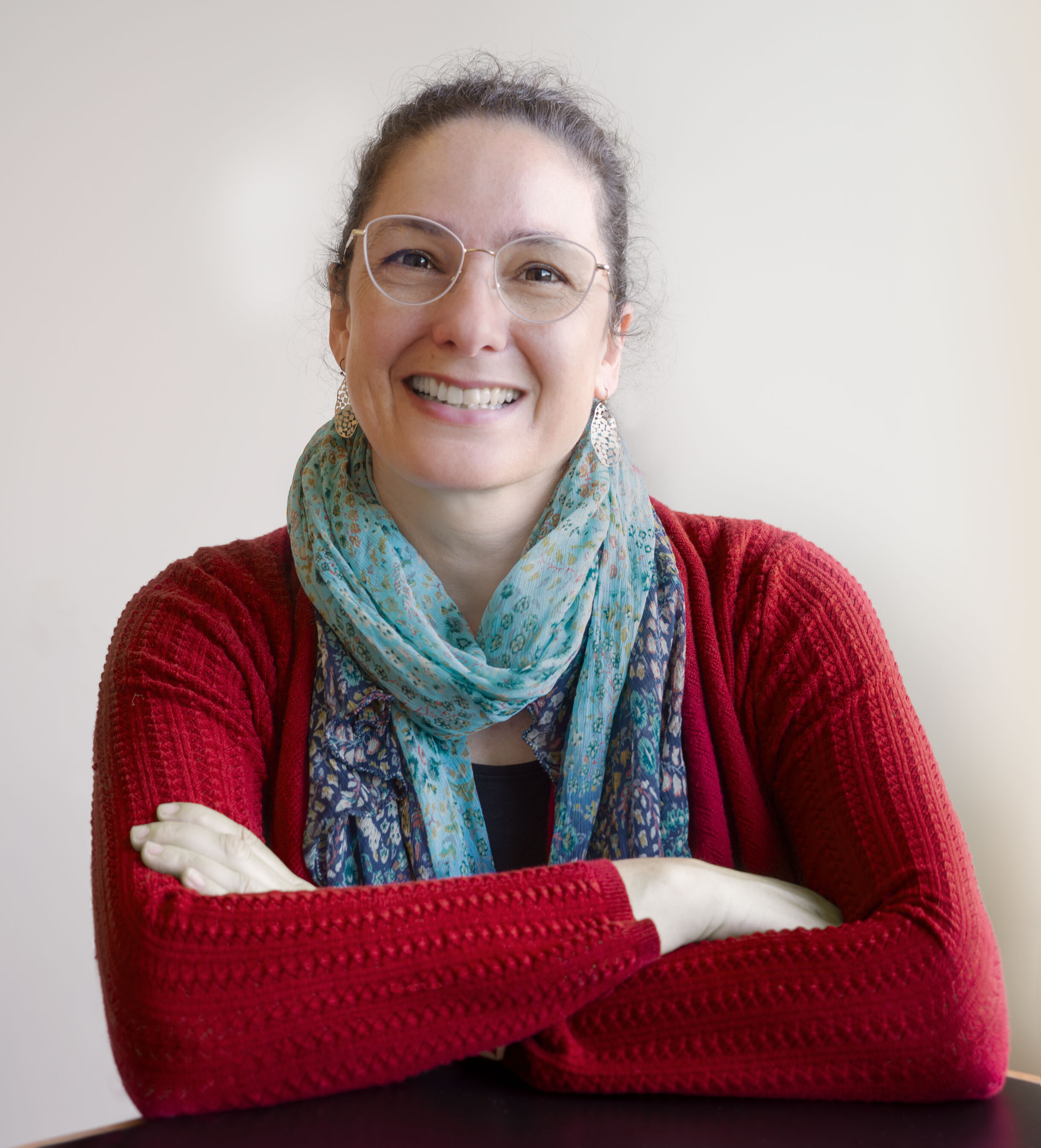
Nicole King, PhD
Nicole King is an evolutionary biologist recognized for her work on animal origins and host-microbe interactions. She and members of her research group aim to reconstruct the cellular and molecular underpinnings of animal origins. To this end, she has developed choanoflagellates, the closest living relatives of animals, into experimentally tractable models for genetics, genomics, and cell biological research. Her early work revealed that choanoflagellates express diverse genes that were otherwise only known from animals, including genes essential for animal multicellularity and cell differentiation. In a series of serendipitous discoveries, her laboratory found that choanoflagellates undergo dynamic cell state transitions in response to environmental cues. Perhaps most notably, both the transition to multicellularity and the transition from asexual to sexual reproduction were found to be under the control of molecules produced by bacteria. More recently, by connecting fieldwork to laboratory-based investigation, members of her research group have identified a choanoflagellate that rapidly changes its shape and behavior in response to light and another that harbors a bacterial community. Taken together, this work has revealed that animal multicellularity and cell differentiation are elaborations on evolutionarily ancient mechanisms that predate animal origins.
King graduated from Indiana University in 1992 with a degree in Biology and from Harvard University with a PhD in Biochemistry. She was a post-doctoral scholar in Evolution at the University of Wisconsin-Madison before joining the faculty of the University of California, Berkeley in 2003. King’s awards and honors include the MacArthur Fellowship from the John D and Catherine T MacArthur Foundation in 2006 and appointment as a Howard Hughes Medical Institute Investigator in 2013. She is an elected Associé Étranger in the Académie des Sciences (Institut de France), a member of the US National Academy of Sciences, and a Fellow in the American Association for the Advancement of Science (AAAS).